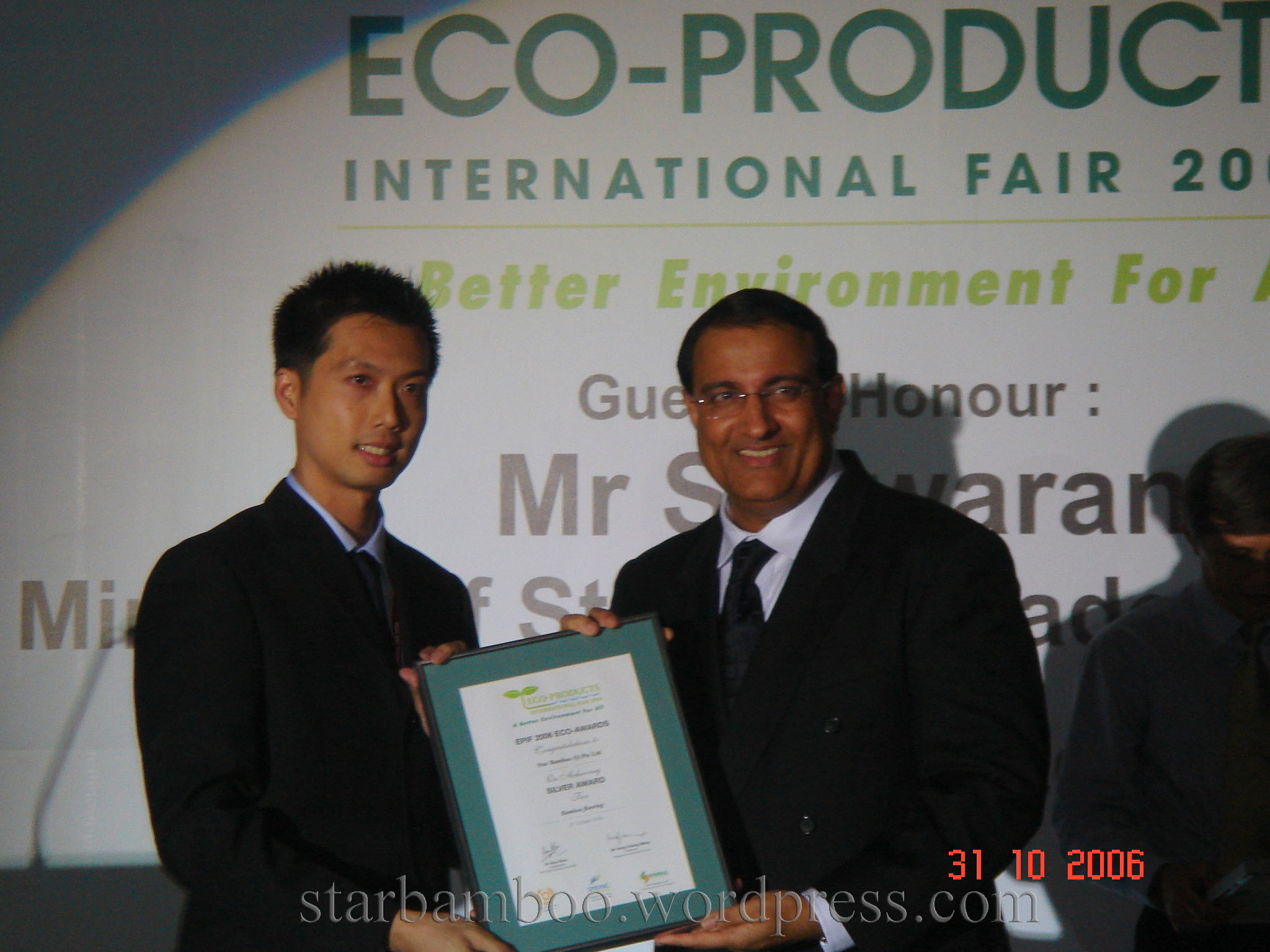A few days ago, I posted an entry questioning the high prices of Funkin Function’s scrap wood skateboards, and its adverse impact on the acceptance of eco-friendly products.
After that, I got an email from Daniel Moyer, the designer behind Funkin Function. He has agreed for his email to be reproduced here, so that readers may understand his side of the story.
Below are the main excerpts from his email, along with some of my thoughts:
Your only mistake is in assuming that I am a manufacturer. On the contrary, I am a one-man one-at-a-time furniture maker using the scrap from my furniture pieces to make similarly artistic longboard skateboards.
Each board is composed. Stock is arranged for visual statement and for physical characteristics that might contribute to the natural flex that makes these boards so nice to ride. Then I thickness plane, joint the ends. biscuit for reference, glue-up, rough sand, shape, mill for truck-mounting, finish sand, wet-sand-in a slurry coat of oil, buff off the slurry, and finish with a few coatings of hand-rubbed oil.
A one-man operation (OMO) like Daniel Moyer’s is still a manufacturer. But I see his point that he does not have the economies of scale. These skateboards are more akin to works of art – hand-crafted and one of a kind.
As a business model for manufacturing, this is a disaster. I’m not on a green mission; I’m just trying to be responsible with my own waste stream and make a wage from my time.
As a businessman, Daniel Moyer is entirely justified in pricing his product at what he considers to be a fair price. His rationale for the high prices is that his skateboards are entirely hand-made and artistic.
Where we disagree is what that price should be: his costs of production are low, and after taking into account the amount of manual work, I feel that he could still turn in a healthy profit even with lowered prices.
I realize that being thrust into the eco-spotlight by the BKLYNDESIGNS coverage leaves me open to whatever criticism I have coming to me. However, if someone were to imply I was seeking to milk or even bang the buying public while flying the green flag, I would find that most insulting.
I had never intended to imply that Daniel Moyer was taking advantage of the eco-conscious customer.
My point was that eco-friendly products should be more attractively priced to attract mainstream customers. Pricing them too expensively might actually slow down the green movement, as it creates a misleading impression that green goods are only for the rich and privileged.
And if the product is not intended to be positioned as a green product, then why not play down the “scrap wood” and promote the “hand made” and “artistic” parts?
There, I hope I have given a fair account of both sides of the story. Feel free to tell me what you think. 
![]()


